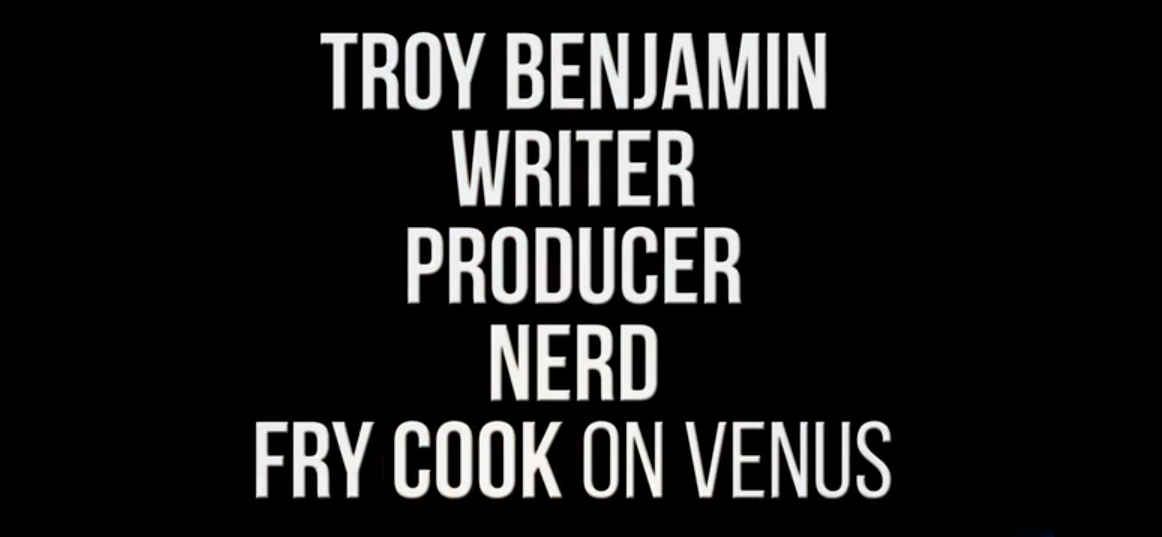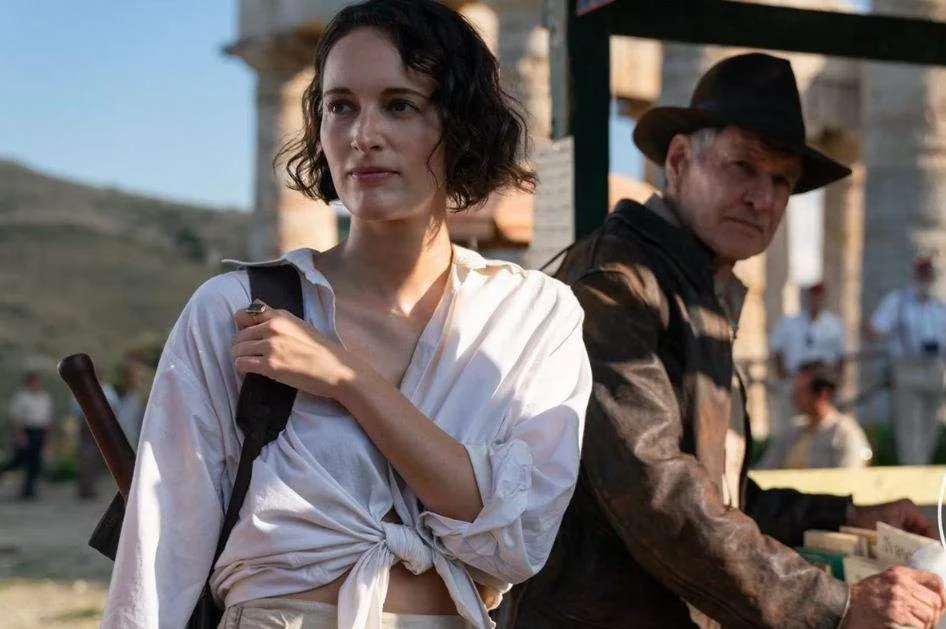My parents insist that after the birth of a child, time speeds up. And, in part, I think they’re right. It seems like it’s been the blink of an eye since the meeting my daughter in the fall of 2017 to her walking, talking, and spinning around like Lynda Carter’s Wonder Woman in the living room.
On the other hand, I also have non-scientific belief that we are caught in a time vortex. One where the laws of time and space have completely been defied. Time, as we perceive it, has been forever altered because of the current landscape of popular culture and how we’re consuming media as a whole.
In short, binge-watching culture has put us into timey-wimey-wibbly-wabbly territory that would make even The Doctor’s head spin.
Here’s why:
In August of 2014, on this very blog, I laid out all of the pop culture goodness that was to come from 2015 through the year 2020. Much of that has been shuffled around, cancelled, finally defined or did indeed happen. In fact, I had no idea at the writing of that particular article that a new Ghostbusters film was right around the corner in 2016. Let alone that a second Ghostbusters film would be entering pre-production as I write this now. Both of which would have been shocking revelations to that schedule.
But what I didn’t anticipate was what an abundance of riches would do to my consumption of popular culture. Not only that, but how I would perceive the passage of time. Let me take a few steps back. Sitting here in March of 2019, it’s difficult to believe that Marvel Studios released Black Panther just over a little than a year ago. It’s even more difficult to recollect that Thanos snapped half of the MCU out of existence a little less than a year ago in Avengers: Infinity War. Further still, Ant-Man and the Wasp feels like it was released ages ago. When in reality, it’s only been about seven months ago. Three movies in the same serialized storyline released in the same year was absolutely unheard of. I remember as a kid sitting and calculating the time between Tim Burton’s Batman in 1989 and Batman Returns in 1992 and hypothesizing that it would be at least another three to four years before we’d find out what happened to Batman in a third film. And it turned out, I was right. As, for better or worse, Batman Forever was released in 1995.
That was seemingly the norm for what felt like my entire childhood and adolescence. Movie comes out. Wait a few years, follow-up movie may or may not be behind it.
That’s completely changed.
Captain Marvel hits theaters this Friday. Avengers: Endgame is a little over a month away from being released. Though it’s felt like forever since the cliffhanger last year, the wait has relatively been small. Hell, I feel like the wait for the next chapter in the Skywalker Saga, Episode IX has been excruciatingly long. But, as I mentioned at the top of this article, Star Wars: The Last Jedi was released just a month after my daughter was born. Remember how I said that felt like the blink of an eye?
We’re living in a renaissance age that would have blown ten-year-old Troy’s mind. Marvel, Star Wars, Ghostbusters movies hitting one right after the other. The time in between films and television shows (not to mention streaming media where you get ten episodes plus at a time) has been reduced to nearly microscopic levels. In the scheme of things, waiting five years from 1984’s release of the original Ghostbusters to 1989’s release of Ghostbusters II didn’t feel like that much time at all. But having to wait a whole year from the announcement of Jason Reitman’s new film since having just seen a Ghostbusters film in 2016 feels like an eternity. We want everything. And we want it now.
If we’re not in some sort of time warp, it means we’ve all transformed into Violet Beauregarde. And I’m not sure I’m cool with that.



































